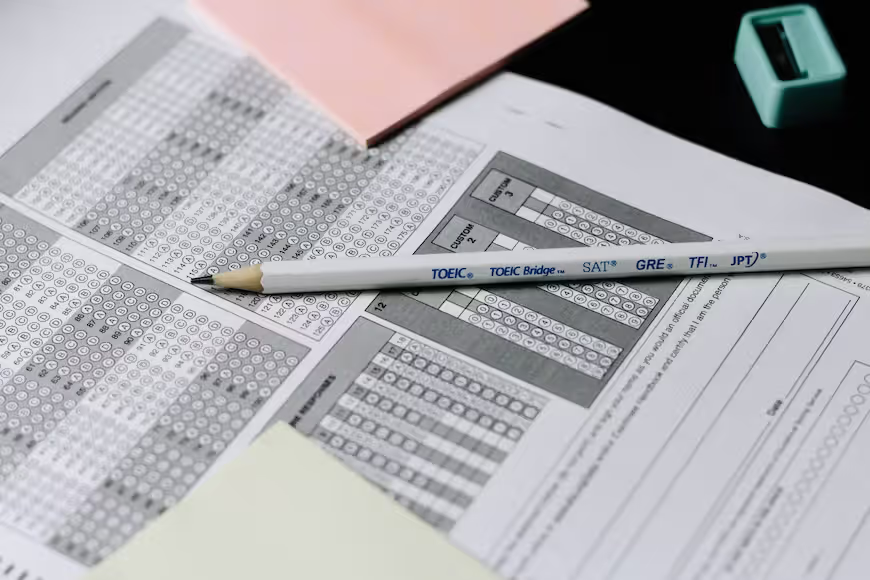Report: US Students' History, Civics Hit Record-Low
Data released Wednesday by the National Assessment of Educational Progress (NAEP) shows that in 2022, only 13% of eighth-grade students in the US scored proficient or above in history, while only 22% were proficient or above in civics.

Facts
- Data released Wednesday by the National Assessment of Educational Progress (NAEP) shows that in 2022, only 13% of eighth-grade students in the US scored proficient or above in history, while only 22% were proficient or above in civics.1
- This represents a five-point drop from scores in 2018 for history and a two-point drop for scores in civics, the lowest scores since the NAEP began testing for civics in 1998.2
- US Education Sec. Miguel Cardona linked the decline to the "profound impact" of school closures during the pandemic, also objecting to funding cuts or "banning history books and censoring educators." NAEP board member Martin West, however, cautioned that the data doesn't provide reasons for the decline.3
- The NAEP used a sample of 8K eighth-graders to track performance across subjects nationwide. Declines in scores began in 2014, and contributing factors identified include a decrease in instructional time, poorer state-level standards, and remote learning during the pandemic.4
- Some cite changing trends in teaching as being partly responsible for the scores, such as less emphasis on memorization and a general decrease in reading comprehension. The No Child Left Behind Act also mandates state testing for reading, math, and science but not for social studies.4
- This follows NAEP's report last year that showed reading and math scores for eighth graders dropped by three and eight points, respectively, from 2019-2022, with reading falling to 1992 levels and not a single state seeing an increase in average test scores.5
Sources: 1Associated Press, 2The Hill, 3Washington Post, 4New York Times, and 5Axios.
Narratives
- Democratic narrative, as provided by Guardian. Republican-led states are defunding education to advance their so-called "school choice" agenda and censor material they find distasteful. As censorship of topics relating to race and LGBTQ+ issues has accelerated under the guise of "parents’ rights," it's no surprise that understanding of history and civics has become a casualty as students become pawns in a culture war. Students can recover from the pandemic-induced drop in learning but not from a methodical dismantling of America's public education system.
- Republican narrative, as provided by Wall Street Journal. Leftists and their bureaucratic education system have nobody to blame but themselves, as their draconian COVID policies educationally stunted the next generation of Americans. Beholden to teacher's unions, Democrat-run states that kept their students away from the classroom longer suffered more than states that kept their schools open. Charter and religious schools outperformed public schools during the pandemic, showing a course correction on education policy toward choice and freedom is long overdue.
- Cynical narrative, as provided by Forbes. The NAEP results are routinely trotted out to advance political agendas by people with little understanding of what they actually mean. On state and local levels, "proficient" means at grade level, whereas the NAEP uses proficient to indicate an advanced understanding of the material. There is also evidence that the NAEP standards are too high to be an accurate measure of competency, as half of the students at a "basic" level end up receiving a Bachelor's Degree. Any decline is bad news, but we ought to be skeptical of any apocalyptic messaging based on these numbers.






